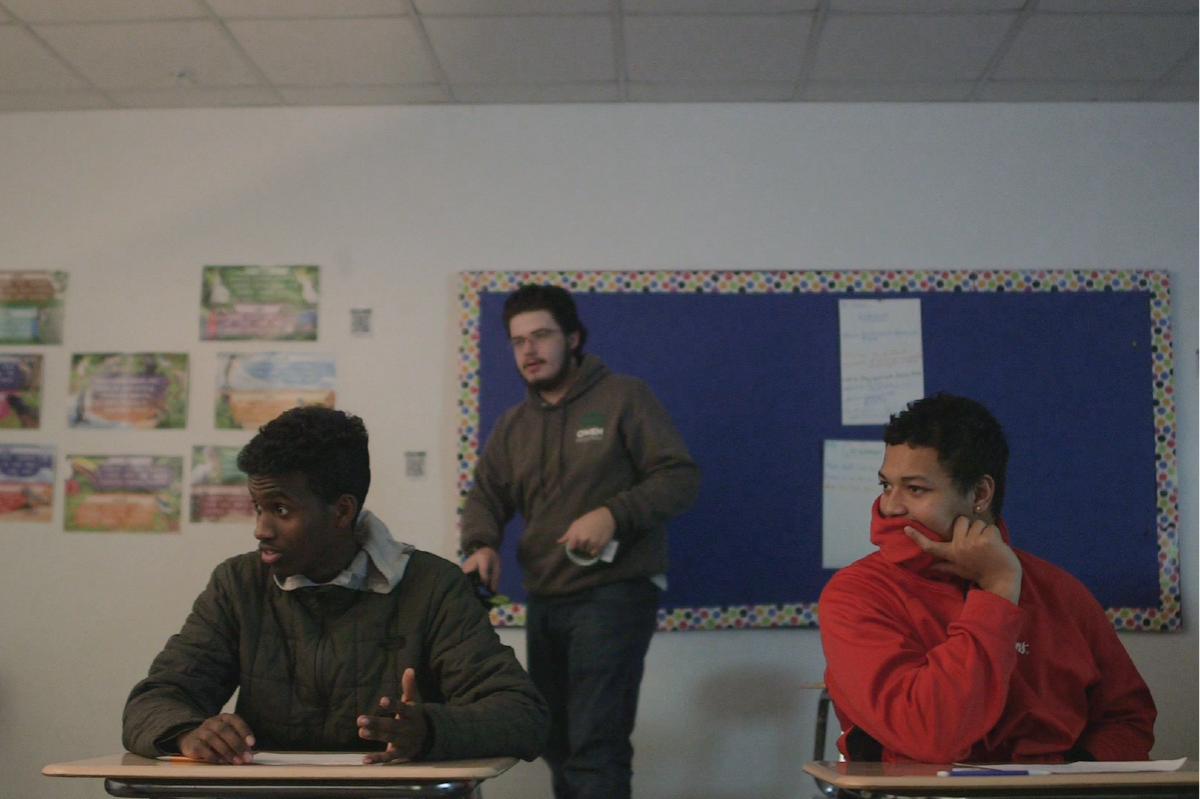
Conflict Resolution: Using Role Play to Practice Disagreeing Respectfully
Conflict resolution is a necessary skill in the 21st century. We’re using play to equip teens with the SEL skills to navigate it productively. Here’s how.
Solutions to big problems can arise from good debate. There is power in learning to disagree well, which we believe means maintaining respect for the humanity of the other person. A foundational aspect of our view that high school civics skills are skills for life is that disagreeing well is part of being an active participant in democracy. And being able to resolve conflict is part of being in relationship with others.
The good news is that disagreeing well is a skill that can be taught, especially in the context of play. Teens today benefit from game-based educational experiences such as iThrive Sim, which teaches them how to disagree with respect so they and their peers can solve problems by collaborating across different perspectives.
When we look to science to see how to disagree well, one theme that comes up is to find common ground. A recent study in Nature Neuroscience found that when volunteers agreed, they had more confidence in their own decisions and the decisions of others, and when they disagreed, they began to have less confidence in the view of others. This may seem anecdotally obvious (been in an argument lately?) but it does point a way toward disagreeing well-and that is to find common ground. Many disagreements, when we take the time to dig deeper, may have some hidden overlapping beliefs.
With iThrive Sim, high school students practice finding common ground through role-playing scenarios. In our Lives in Balance scenario, students play the role of government officials trying to decide how to govern during a global pandemic. We have watched hundreds of students play the game and find ways to practice conflict resolution as they discuss different decisions. The most interesting playtests are those in which the students begin to grapple with what they have in common even as they debate their competing interests.
Lives in Balance enriches social studies and civics classes as teens try on negotiating and compromising with people who don't share their point of view and they balance advocating for their own and others' interests—all while practicing responsible decision-making.
We are also playtesting two new scenarios: Leading Through Crisis, where students play members of a crisis response team grappling with the 25th amendment, and Follow the Facts, where students play journalists practicing information literacy as they report on a natural disaster with differing accounts of what's true.
Bring Lives in Balance to your class or contact us to playtest our other two scenarios.


